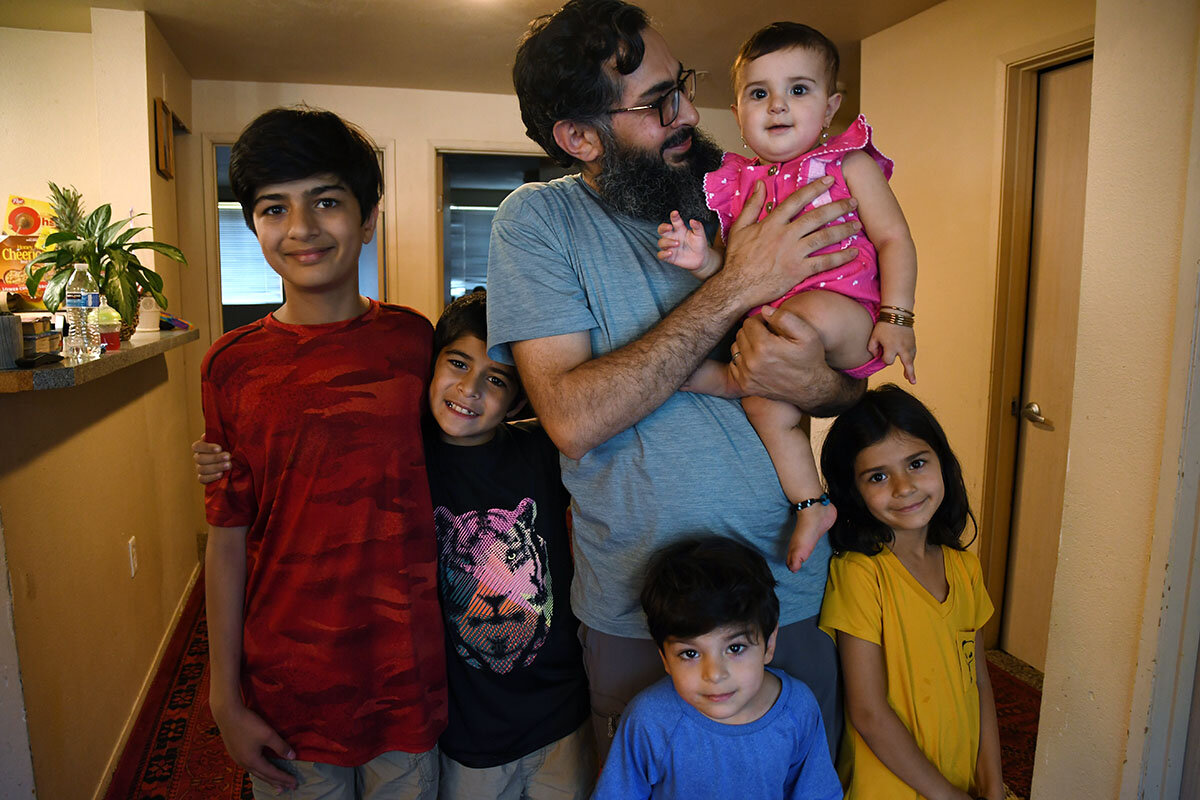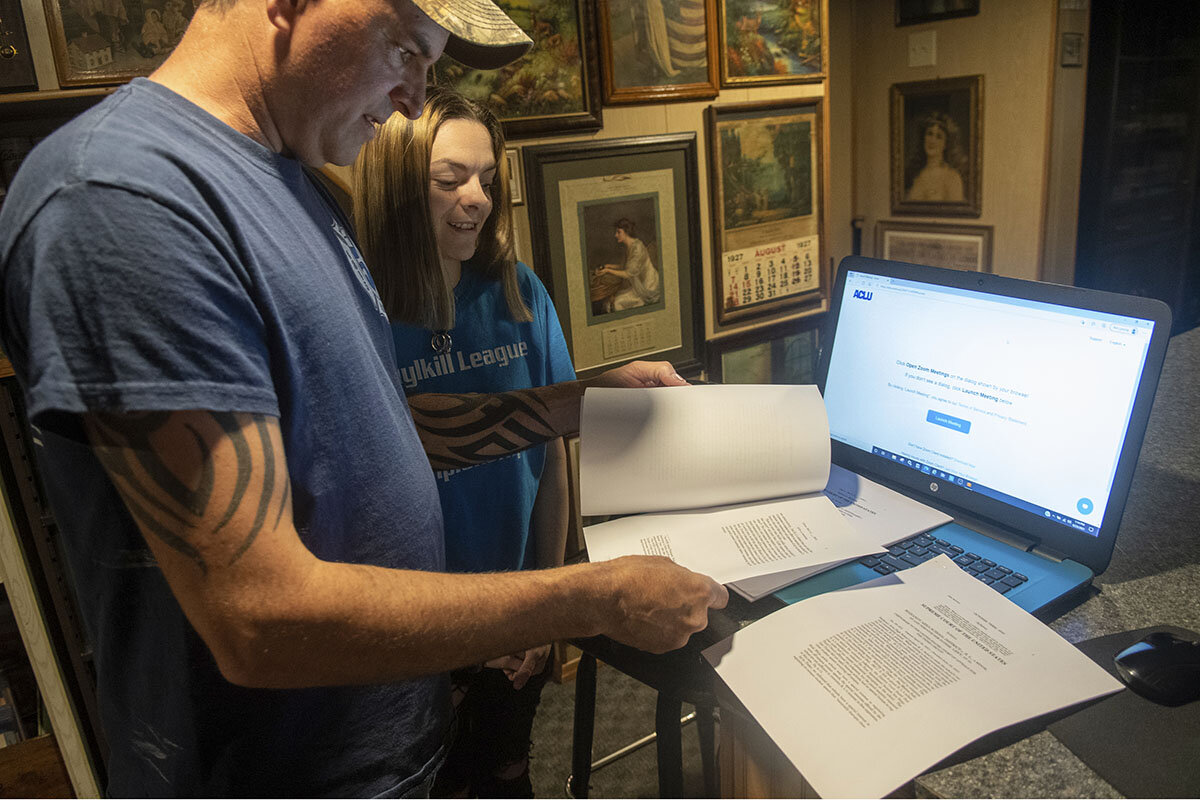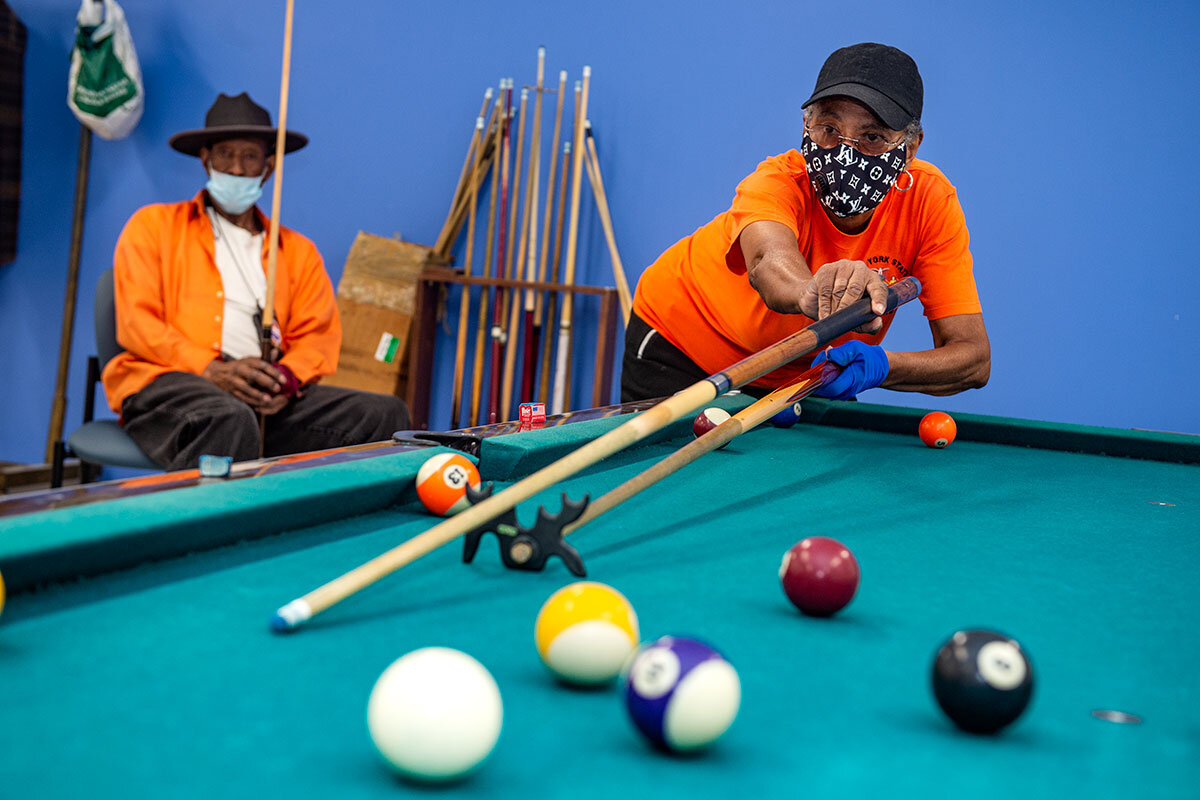The uncertainty surrounding Afghans who risked their lives to help American forces raises urgent moral questions. They were promised visas, but 18,000 wait as American troops leave and the Taliban advance. In the first of two stories today, we profile those hoping they will not be left behind.
Monitor Daily Podcast
- Follow us:
- Apple Podcasts
- Spotify
- RSS Feed
- Download
 Mark Sappenfield
Mark Sappenfield
This past week, something odd popped into my social media feed. It caught my eye because it highlights the value we at the Monitor place on conversations that bridge divides – the kind we featured in our Respect Project. It’s called the Human Library, and it’s pretty much exactly what it sounds like. In the Human Library, volunteers are “books” with titles like “Muslim,” “Soldier (PTSD),” or “Young Mother,” and visitors can “check out” that book for a conversation.
The project started in Denmark 20 years ago, but it has since spread. Recently, major organizations such as Google, eBay, and the World Bank have turned to Human Libraries as a part of diversity training, according to an article in Forbes.
The goal is to allow “people to talk about issues that they normally would not talk about, or potentially don’t like to talk about, but that we need to talk about,” founder Ronni Abergel tells Forbes. Volunteers are trained not to push a specific agenda but rather to let the "reader" control the conversation. Research shows these sorts of interactions are one of the most effective ways of overcoming prejudice, misunderstanding, and hate. The project’s motto is “unjudge someone.”
For Bill Carney, a “Black Activist” in the library, the expectation is not instantly to change minds, but to plant a seed. The conversation “will at least force them to ask questions,” he told Forbes last year. And many of the conversations give him and others hope. Said one participant: “I now have the courage to go engage differently with my neighbors and my community.”










